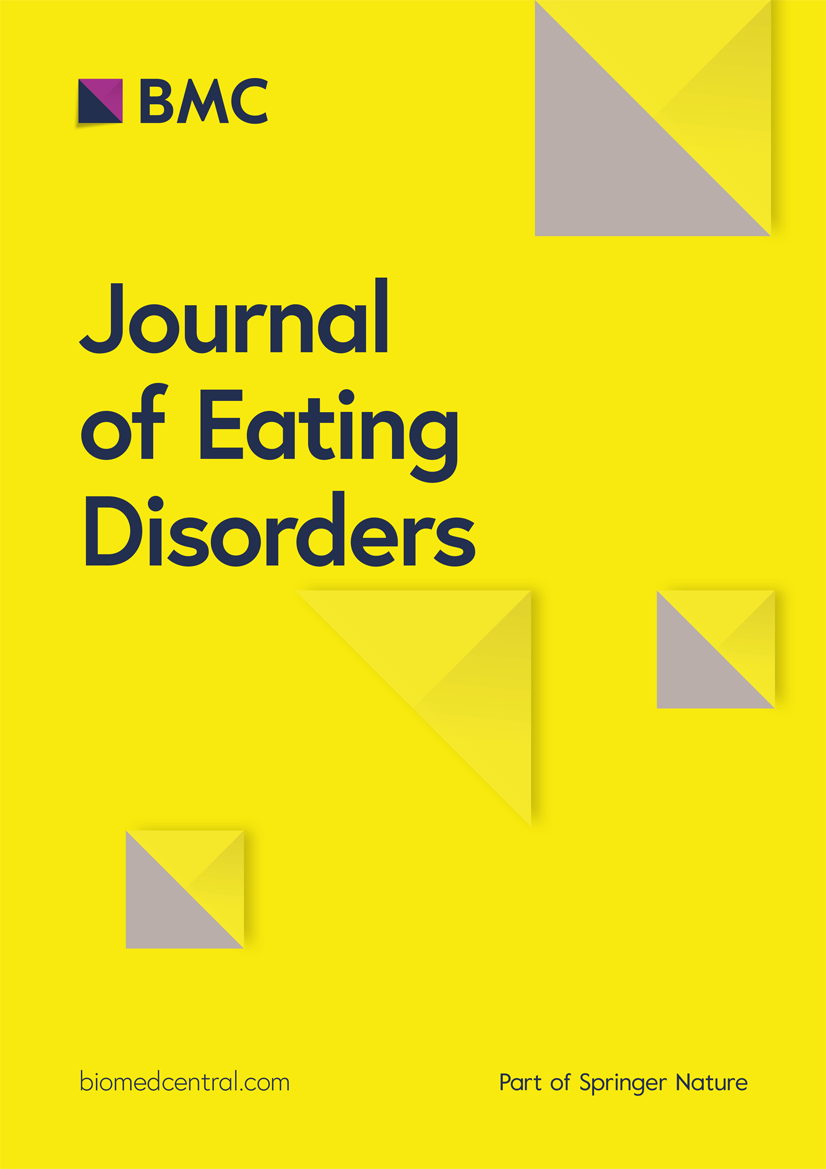Eating Disorders in the UK: Unveiling the Silent Crisis
In a dimly lit room, 17-year-old Lily stares at her reflection, tears streaming down her cheeks. For years, the mirror has been a battleground, one where her worth is measured by an unforgiving number on a scale. Despite having supportive friends and family, Lily feels trapped in a cycle of despair, driven by an eating disorder that whispers to her every day, distorting her reality. “It’s like being in a fog,” she says, “where you can’t see anything clearly, but you just want to escape.”
The Prevalence of Eating Disorders
In the UK, the prevalence of eating disorders has reached alarming levels, with reports indicating that approximately 1.6 million individuals are affected, including both genders and across all age groups. According to BEAT, a leading charity advocating for those struggling with eating disorders, the number of people seeking help has surged, particularly during the recent pandemic.
A recent study from NHS Digital highlighted that among secondary school students, nearly one in five girls and one in ten boys experienced signs of an eating disorder in 2023. “We are witnessing an unprecedented rise in eating disorders among the youth,” says Dr. Jessica Hare, a clinical psychologist specializing in adolescent health. “This is a serious cause for concern, as the long-term ramifications can be devastating if not addressed promptly.”
The Hidden Costs
The financial burden of eating disorders is equally staggering. A comprehensive report from the Hearts Minds and Genes Coalition reveals that the cost to the UK economy was estimated to be around £3.8 billion in 2019 and 2020. This encompasses healthcare treatment, lost productivity, and informal care, affecting not only the individuals suffering but their families and communities as well.
- Healthcare Costs: Treatment for eating disorders can be lengthy and involves multiple disciplines including psychiatry, nutrition, and medical care.
- Lost Productivity: Many affected individuals are unable to maintain employment due to the debilitating nature of their condition.
- Family Impact: Family members often take on caregiving roles, adding to their own emotional and financial strain.
The Struggle for Treatment
Despite the rising need for treatment, many individuals face barriers to accessing the care they desperately require. Research reveals that approximately 60% of people with an eating disorder do not receive the help they need, primarily due to stigma and lack of resources. “It’s not just about getting help; it’s about being recognized and validated in your struggle,” explains Dr. Thomas Elwood, a psychiatrist working in community health.
Geographical disparities further complicate access to care. Areas with fewer healthcare facilities often see unacceptably long waiting times for specialized treatment. For instance, in rural settings, patients may wait up to nine months for an initial consultation, a delay that can prove fatal. “If she had broken her leg, she would not have waited in agony for nine months,” a caregiver for one patient lamented, emphasizing the urgency of timely intervention.
The Role of Social Media
In today’s digital age, social media platforms have emerged as a double-edged sword. While they can provide community support and awareness, they can also exacerbate body image issues and fuel eating disorders. A recent scoping review indicated that adolescents who frequently engage with appearance-focused online content are at a higher risk of developing disordered eating behaviors.
“We must educate young users about the realities of online content. Filters and curated lifestyles may seem appealing but can distort their self-image,” argues Dr. Emma Clark, a sociologist studying the effects of social media on youth mental health. “Understanding the difference between reality and the facade presented online is crucial for building resilience.”
Moving Forward: Calls for Action
Advocacy groups and healthcare professionals are urging the government for more robust policies and resources dedicated to eating disorder treatment. An open letter signed by over 100 healthcare practitioners calls for the establishment of a national register for eating disorder deaths, emphasizing the need for transparency and accountability in care. Wera Hobhouse, a prominent MP in this area, stated, “We need urgent action to tackle the systemic failures in our healthcare system related to eating disorders. Lives are at stake.”
In recent discussions, parliament has debated the integration of specialized eating disorder services into the broader healthcare framework, giving hope to those like Lily, who yearn for compassion and understanding. “It’s time we make recovery a priority, not just a promise,” based on insights from the Royal College of Psychiatrists.
As the story of eating disorders continues to unfold in the UK, one truth remains evident: it is not merely about food or body image; it is about the lives at stake and the stories waiting to be heard. Through education, advocacy, and timely intervention, there is hope for the future—a future where individuals can look in the mirror and see more than just a reflection of their pain.
Source: jeatdisord.biomedcentral.com


